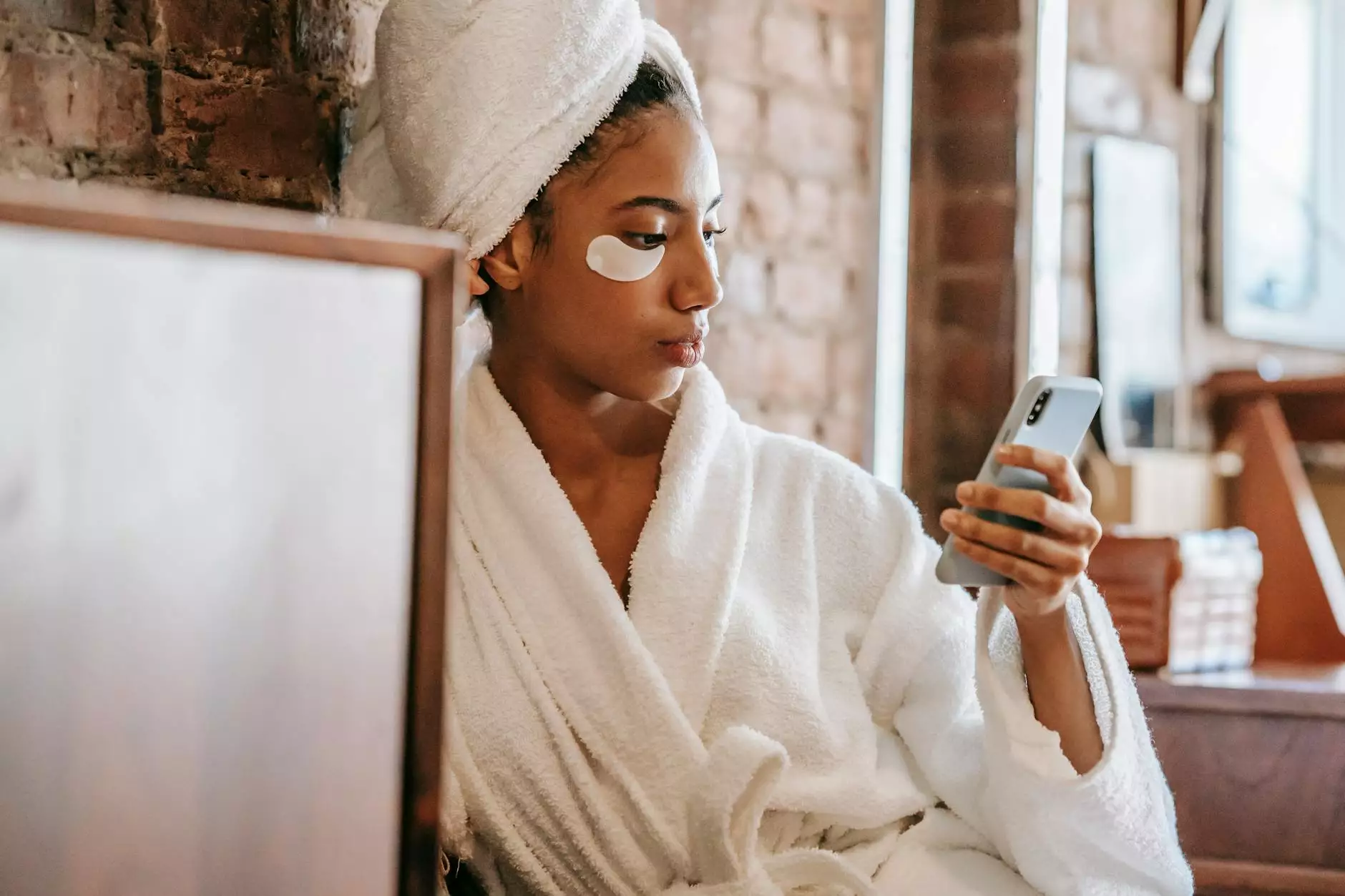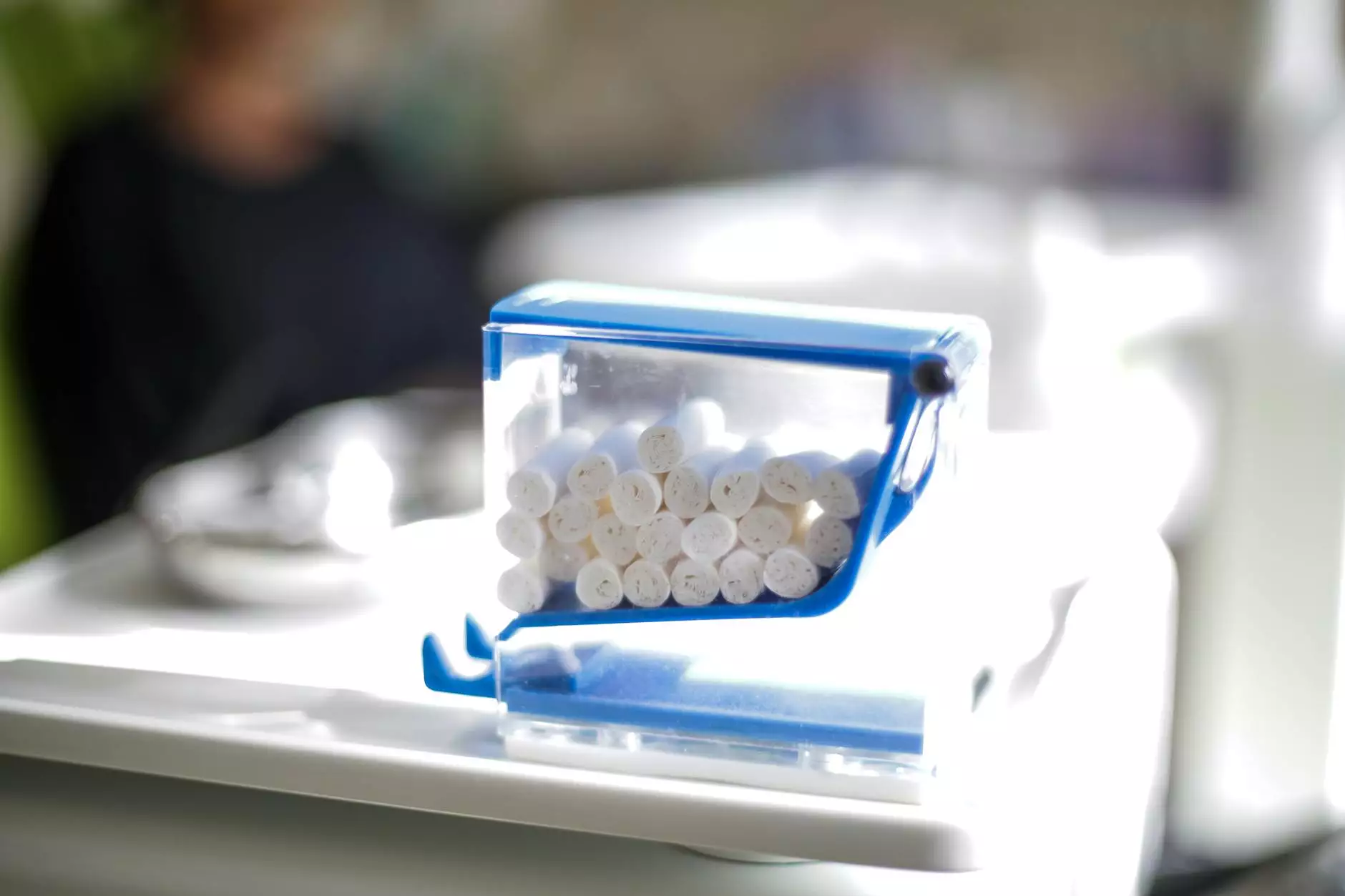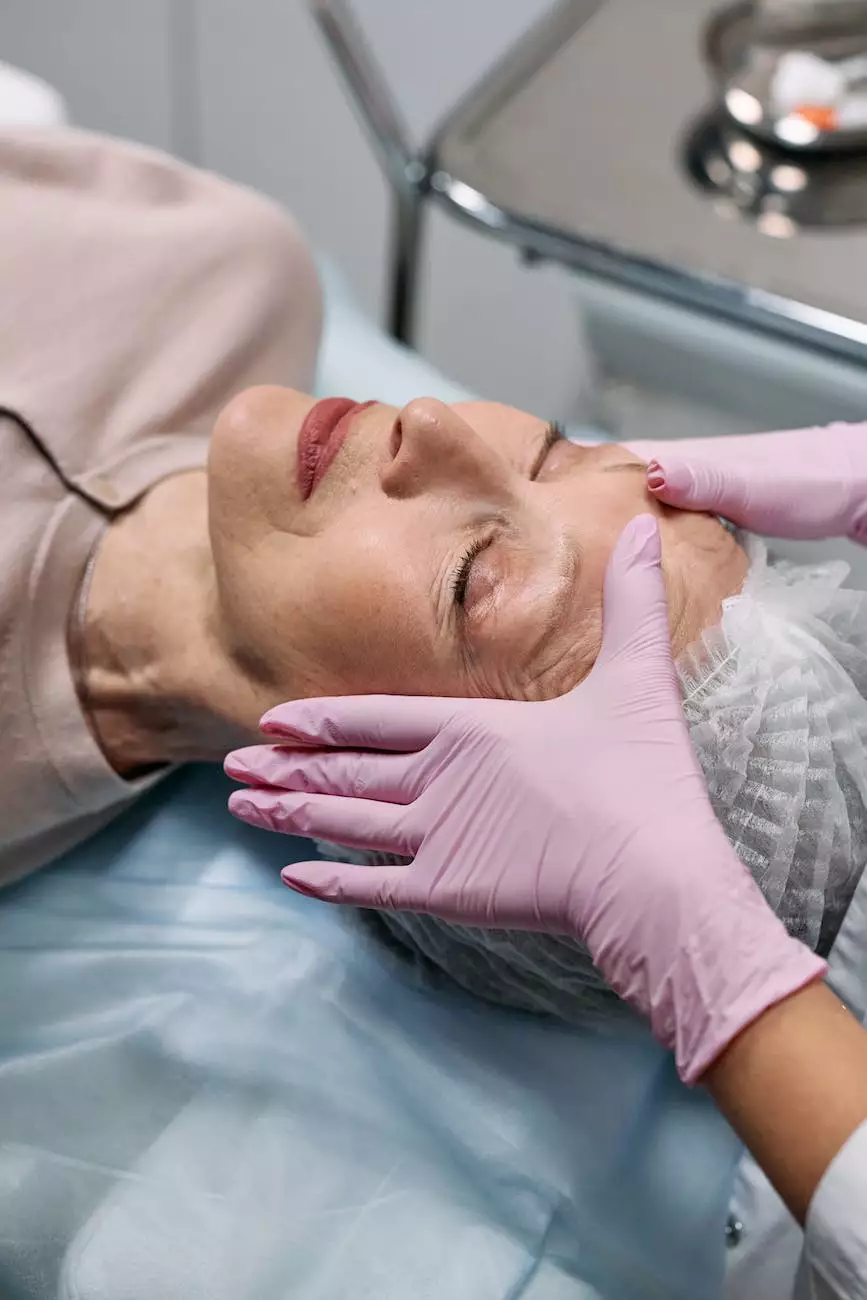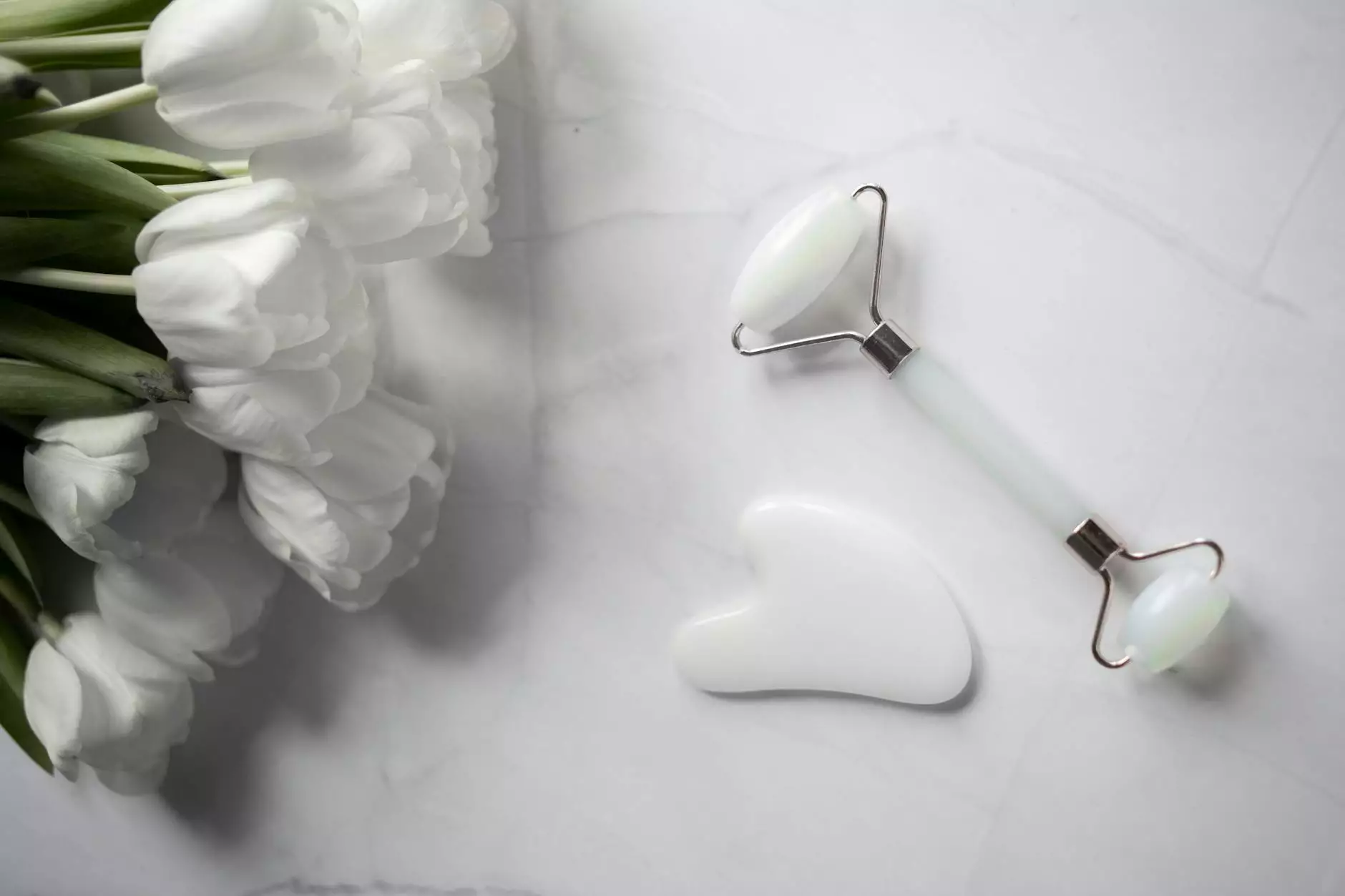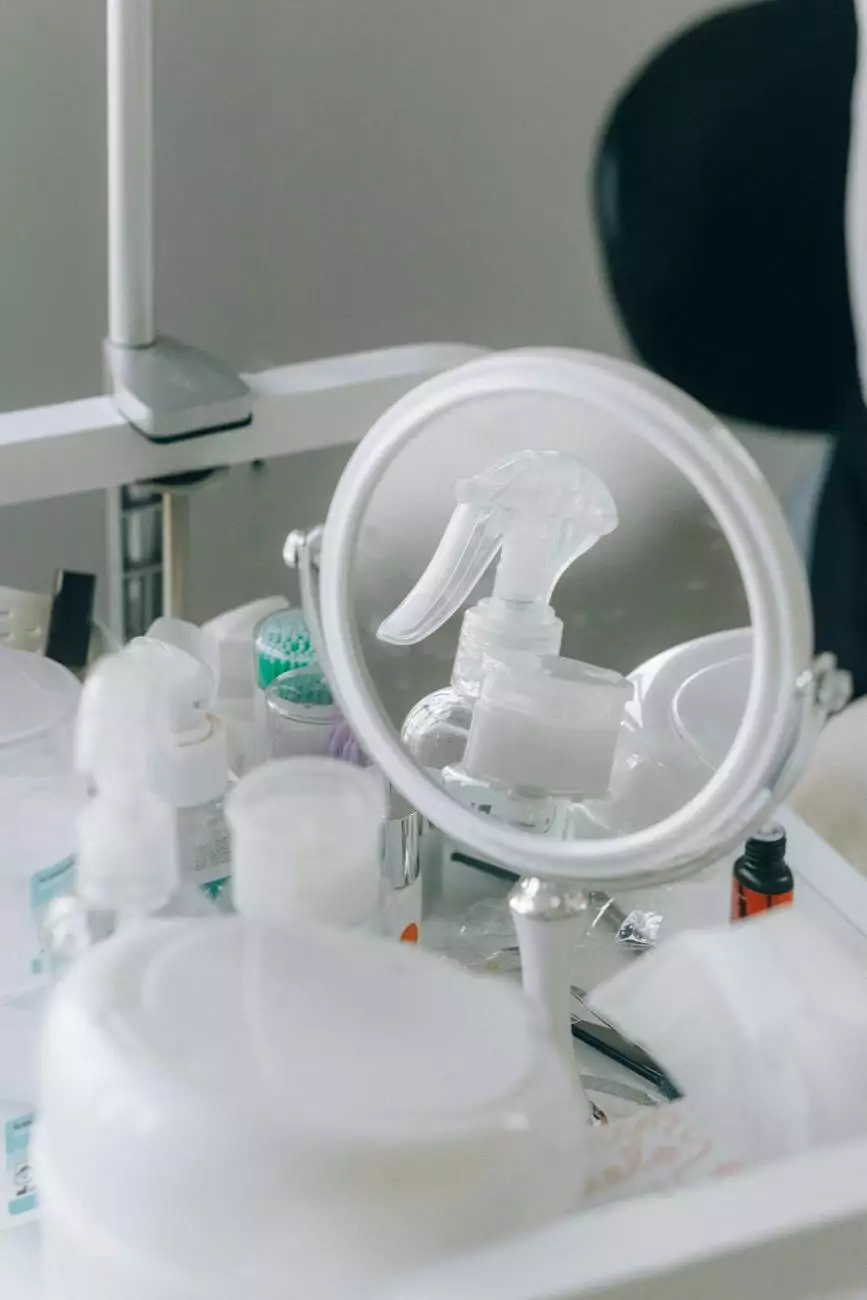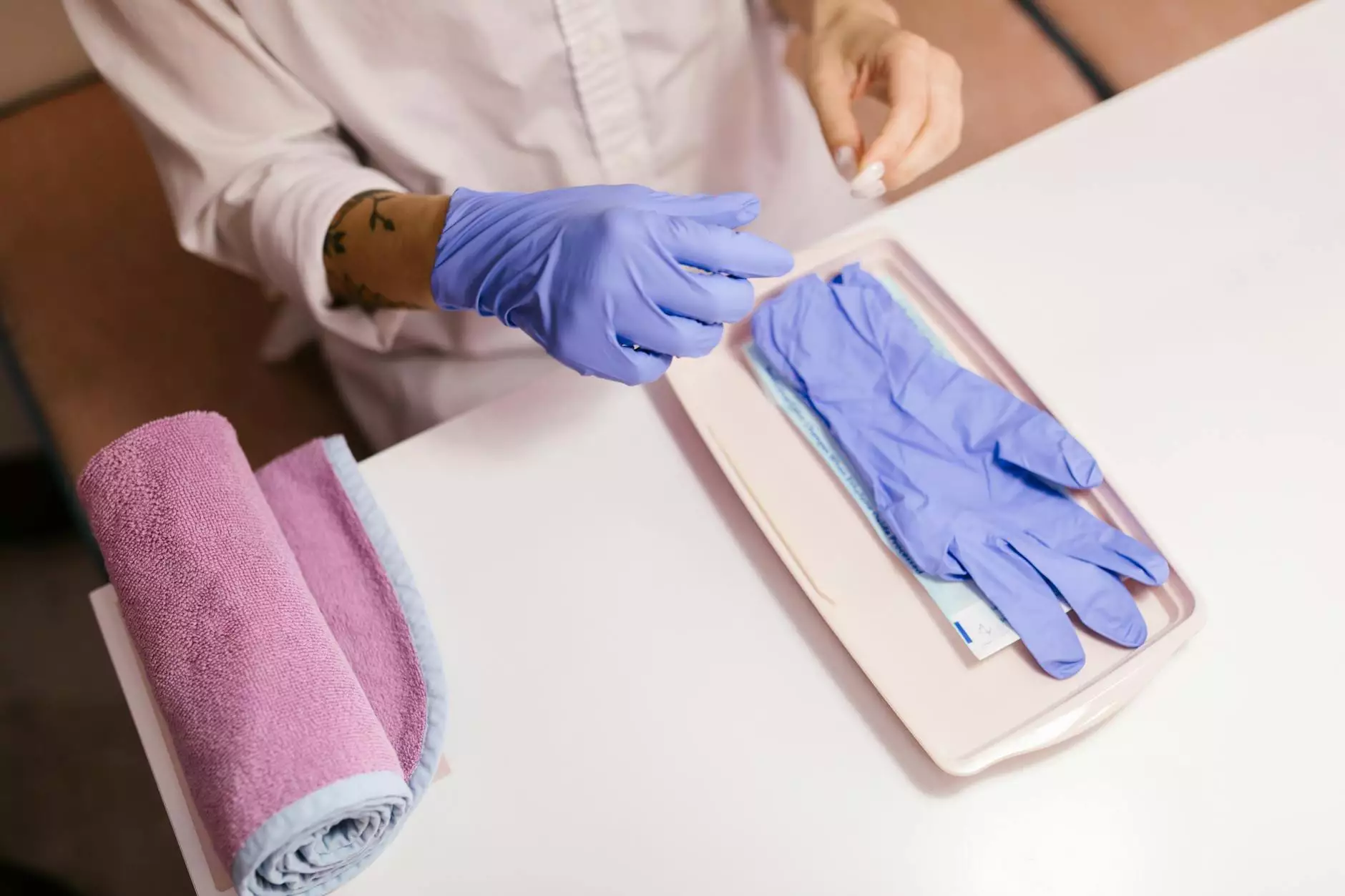How Will Rhinoplasty Affect My Allergies After Surgery?
Clinic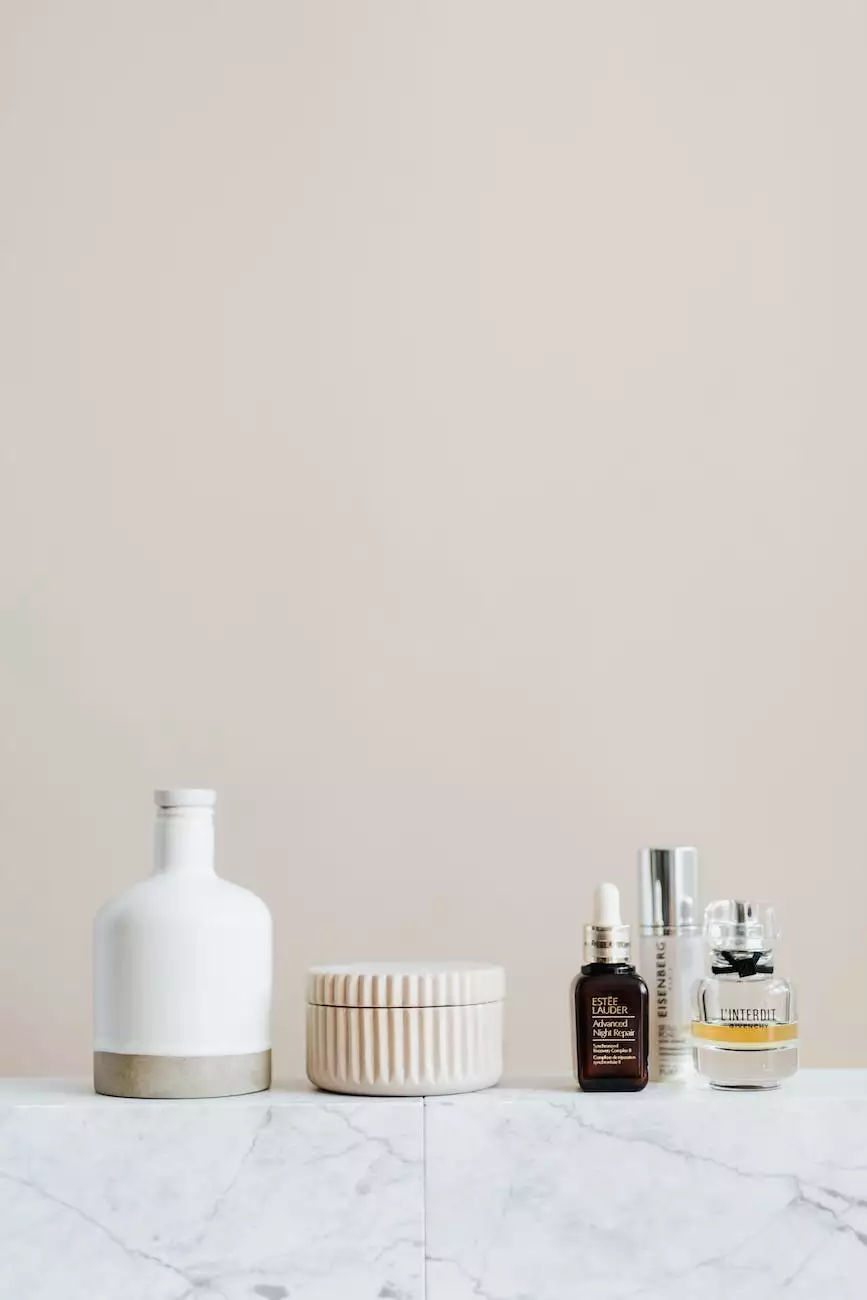
Rhinoplasty and Allergies: Exploring the Connection
At Cla’-BO Specialty Day Spa, we understand your concerns about how rhinoplasty, commonly known as a nose job, can affect your allergies after surgery. Rhinoplasty is a surgical procedure that focuses on reshaping or restructuring the nose to improve its appearance and function. While rhinoplasty primarily aims to enhance aesthetic aspects of the nose, it can inadvertently impact your nasal passages, potentially influencing your allergies post-surgery.
The Impact of Rhinoplasty on Nasal Passages
Rhinoplasty involves precise alterations to the nasal structure, which may affect the functionality of the nose. The procedure can alter the internal nasal passages, potentially leading to changes in the way air flows through your nasal cavity. These changes can impact how your body reacts to allergens and, consequently, affect your allergies after surgery.
1. Changes in Nasal Airflow
Following rhinoplasty, it is important to note that the repositioning or removal of nasal tissues can alter the airflow patterns within your nose. In some cases, these changes can result in improved airflow and reduced nasal congestion. However, it is also possible that the reshaping of the nasal passages affects the natural filtration system, which can potentially make you more susceptible to allergens.
2. Altered Mucosal Lining
The delicate mucosal lining that coats the nasal passages plays a crucial role in filtering out allergens and preventing them from entering your respiratory system. During rhinoplasty, the manipulation of nasal tissues can lead to changes in the thickness or integrity of this lining. Such alterations may impact your body's ability to fend off allergens effectively, thereby influencing your allergic reactions.
Tips for Managing Allergies After Rhinoplasty
While the potential impact of rhinoplasty on allergies varies from person to person, there are several precautions you can take to minimize any adverse effects:
1. Consult with Your Surgeon
Prior to undergoing rhinoplasty, it is imperative to have a thorough discussion with your surgeon about your allergies and any potential implications. They will be able to guide you on the best approach and provide personalized advice based on your unique situation.
2. Follow Post-Surgery Care Instructions
Adhering to the post-surgery care instructions provided by your surgeon is crucial for ensuring optimal healing and minimizing complications. This includes proper nasal hygiene, using prescribed nasal sprays or saline rinses, and avoiding known allergens during the recovery period.
3. Monitoring Your Symptoms
Keeping a close eye on your allergy symptoms post-surgery is essential. If you notice any significant changes or new allergic reactions, it is vital to consult with your surgeon immediately. They can evaluate your condition and provide appropriate recommendations or adjustments to your treatment plan, if necessary.
4. Long-Term Allergy Management
If you have pre-existing allergies, it is crucial to continue managing them effectively even after your rhinoplasty surgery. This may involve working with an allergist to create a customized allergy management plan, including medications, lifestyle modifications, and allergen avoidance strategies.
Trust Cla’-BO Specialty Day Spa for Your Rhinoplasty Journey
At Cla’-BO Specialty Day Spa, we prioritize your well-being throughout the entire rhinoplasty process. Our team of experienced professionals ensures that comprehensive pre-operative consultations are conducted, where we take your allergies into account and provide personalized plans and recommendations to minimize any potential risks or complications related to allergies after rhinoplasty.
By choosing Cla’-BO Specialty Day Spa for your rhinoplasty procedure, you can trust that you are in the hands of dedicated experts who prioritize your health and satisfaction. Contact us today to schedule a consultation and take the first step towards achieving your desired nasal aesthetics while safeguarding your allergies.

